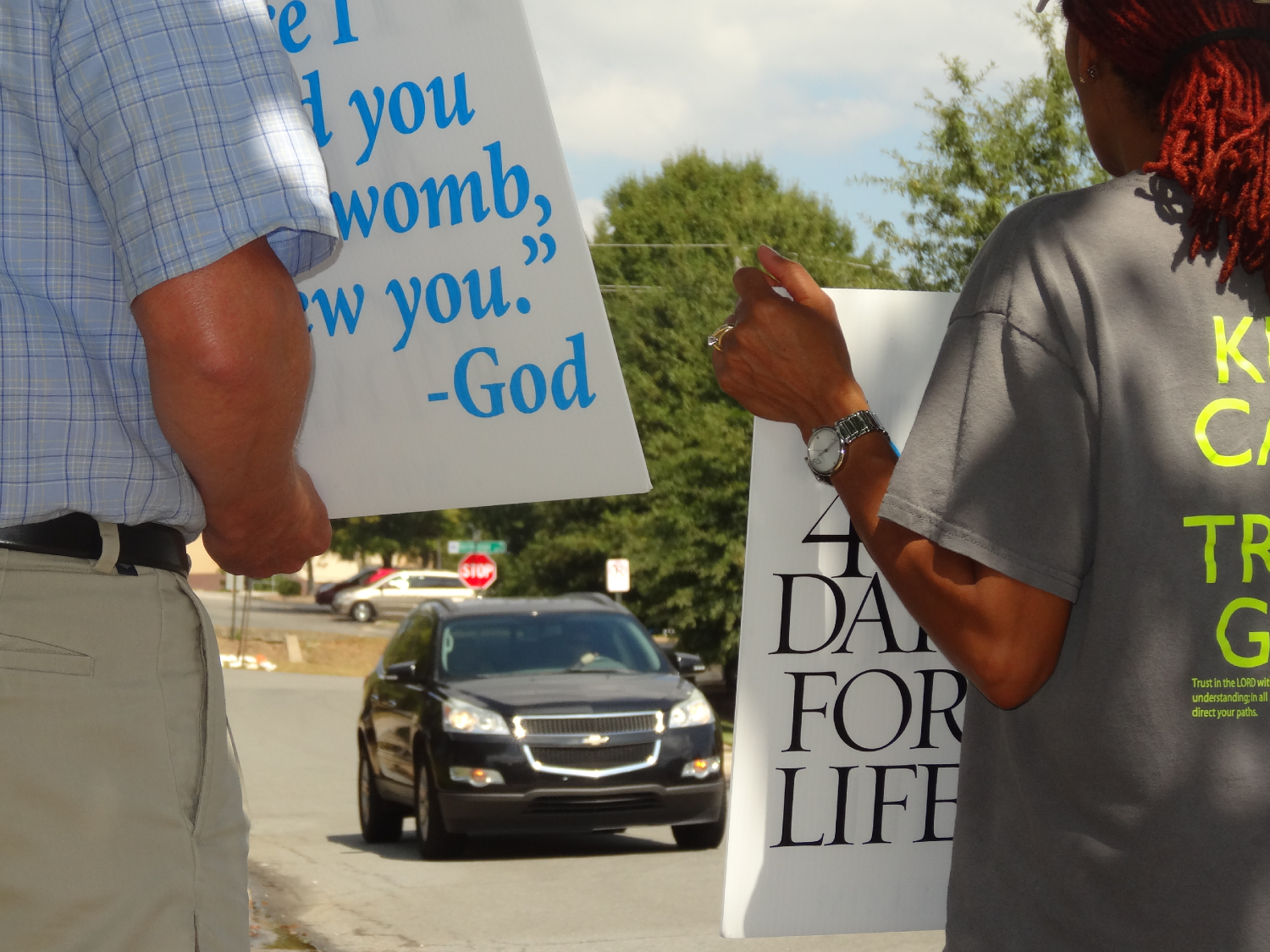
On Friday attorneys for the ACLU representing a Little Rock abortionist asked the full Eighth Circuit Court of Appeals to rehear the case surrounding four pro-life laws the Arkansas Legislature passed in 2017.
The pro-life laws in question are:
- Act 45 of 2017 (Dismemberment Abortion): Act 45 prohibits certain dismemberment abortions—such as D&E abortion procedures—in which a living unborn baby is dismembered. It does not affect other common abortion procedures—such as chemical abortion or suction abortion procedures.
- Act 733 of 2017 (Sex-Selection Abortion): Act 733 prohibits abortions performed due to the baby’s sex. It contains a provision requiring the doctor to request the pregnant woman’s medical records pertaining to her pregnancy history before performing the abortion.
- Act 1018 of 2017 (Reporting Requirements): Act 1018 requires abortions performed on any girl under the age of 17 to be reported to the State Crime Lab in case the girl turns out to be the victim of sexual assault.
- Act 603 of 2017 (Prohibiting Buying and Selling of Aborted Babies): Act 603 prohibits biomedical and behavioral research on aborted fetal remains, and it requires aborted fetal remains to be disposed of according to the Arkansas Final Disposition Rights Act of 2009. This bill helps prevent abortionists from selling organs and tissue harvested from the bodies of aborted babies.
In 2017 U.S. District Judge Kristine Baker blocked the State of Arkansas from enforcing these laws following a lawsuit from the ACLU.
However, earlier this month a three-judge panel from the Eighth Circuit Court of Appeals unblocked the laws and asked Judge Baker to reconsider them in light of the U.S. Supreme Court’s recent ruling in June Medical Services.
In its decision, a three-judge panel from the Eighth Circuit unanimously decided the four laws needed a second look, because Chief Justice John Roberts changed the judicial standards by which abortion laws are measured.
The Eighth Circuit’s decision to unblock the laws has prompted some pundits to accuse Chief Justice Roberts of mounting a “stealth attack” against Roe v. Wade and speculate that the courts may be closer than ever to dismantling abortion in America.
That’s really good news.
Unfortunately, a lot of misinformation has circulated online about these four pro-life laws.
Multiple outlets online have claimed these laws would let a man sue to prevent a woman from having an abortion. They don’t. Nothing in these laws would allow that.
A few have even gone so far as to claim that the laws would force rape victims to get permission from their rapists before having an abortion. That’s completely false. Nothing in these laws or any other state law would require that. In fact the Arkansas Legislature has passed laws clarifying that rapists have no right to their victims or their victims’ children.
The Eighth Circuit panel’s decision to unblock the laws takes full effect this Friday. That means the State of Arkansas could begin enforcing these four pro-life laws in just a few days, unless the courts decide to re-enjoin them this week.
This lawsuit has been in play for more than three years. However, there’s a good possibility the Eighth Circuit will uphold these pro-life laws in Arkansas. If that happens, it could have a tremendous impact on pro-life legislation nationwide.
Correction: A previous version of this story mistakenly said the ACLU had petitioned U.S. District Judge Kristine Baker to re-block the laws. The ACLU has asked for a re-hearing before the full Eighth Circuit Court of Appeals. The story has been corrected to reflect this fact.



